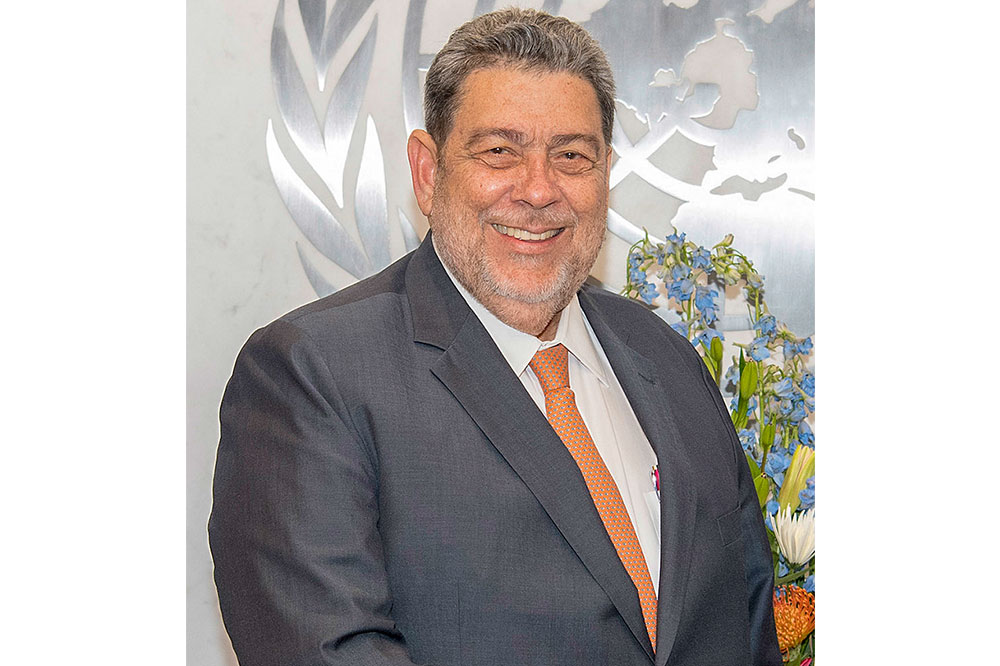



Political stability and sensible policies have played a crucial role in the economic recovery and business investment in both the United Kingdom [77e4ad14] and St. Vincent and the Grenadines [e82e86b7]. In the UK, the country's political stability and lack of populism have led to increased business investment and a recovery in the economy [77e4ad14]. The institutional differences, such as the structure of the House of Commons, have created a unique political experience in the UK [77e4ad14]. Similarly, St. Vincent and the Grenadines emphasizes its political stability and socio-economic progress on the occasion of its independence anniversary [e82e86b7]. The government highlights the achievements and advancements made despite challenges and burdens, including the recovery and reconstruction efforts after the COVID-19 pandemic, volcanic eruptions, and natural disasters [e82e86b7]. Both countries recognize the importance of partnerships and alliances for further development [77e4ad14] [e82e86b7]. The UK's focus on strengthening its sovereign space capability [77e4ad14] and St. Vincent and the Grenadines' commitment to the construction of a post-colonial economy [e82e86b7] demonstrate their shared goal of securing their respective positions in the global landscape.
The author discusses the importance of achieving true independence, citizen ownership, and control in the context of post-colonial societies [05c20c83] [c07bb5ff]. They argue that achieving political independence is not enough and that the focus should be on wresting political control from colonialists and ensuring meaningful and sustainable development [05c20c83]. The author criticizes the nostalgia for colonial pasts and highlights the neglect and exploitation of the Caribbean region by colonial powers [05c20c83]. They also question the validity of economic indicators like GDP and per capita income, arguing that they do not accurately reflect the living conditions of the people [05c20c83]. The author emphasizes the need for self-confidence and self-worth in post-colonial societies and rejects the idea of returning to colonial control [05c20c83]. They conclude by inviting readers to share their comments and recommendations [05c20c83].
Dr. Randy Persaud, Professor Emeritus, discusses the notion of independence and national sovereignty in Guyana in 2024 [c07bb5ff]. He addresses three main arguments: the mental/cultural dependence on White modernity, the inability to break free from global capitalism, and the persistence of internal divisions of race and class [c07bb5ff]. Persaud argues that these claims have some merit but fail to fully understand the complexities of the world order and the current dynamics in Guyana [c07bb5ff]. He highlights the progress made in terms of cultural independence, economic sovereignty, and efforts to address race and class divisions [c07bb5ff]. Persaud concludes that Guyana has come a long way since independence and is now a sovereign country [c07bb5ff].